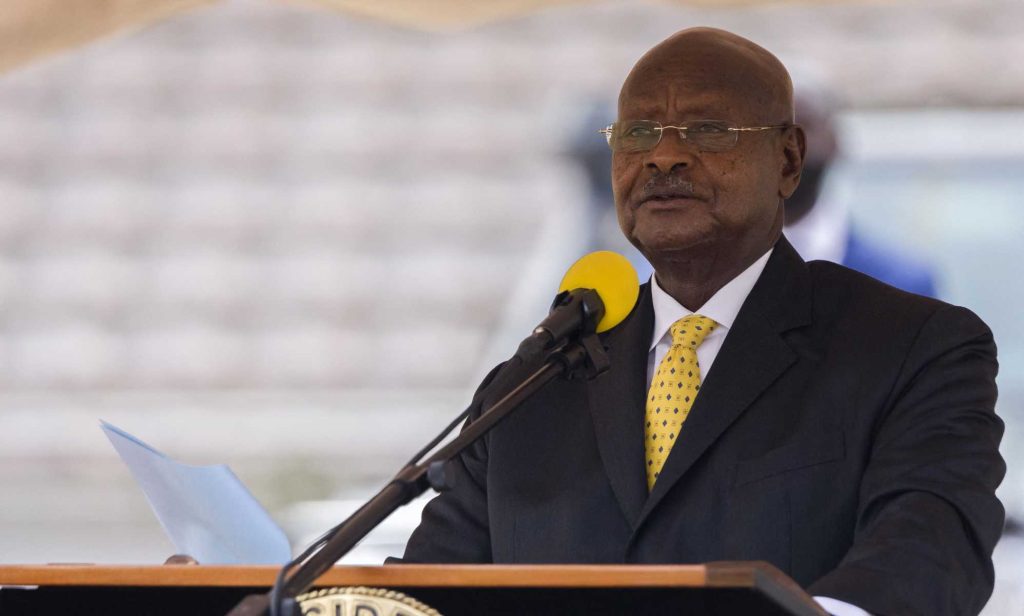President Yoweri Kaguta Museveni of Uganda has called upon East Africans and the broader African community to leverage their shared cultural heritage to promote Kiswahili as a significant tool for economic integration and unity across the continent.
Speaking at an event at Kyambogo University, Museveni emphasized the advantage of having many similar tribes and clans within the region. He proposed that these similarities could bolster Kiswahili’s status as a major language, suggesting that incorporating vocabulary from various local languages would enhance its development into a powerful international language. He referenced his own contributions, such as the term “Emyooga,” which denotes skills including carpentry, pottery, and tailoring.
Highlighting the importance of Kiswahili in facilitating communication among East African nations, Museveni characterized the language as neutral and inclusive, rooted in the region’s coastal areas and originally designed for commerce. He reaffirmed that Kiswahili does not belong to any single ethnic group.
The president commended the efforts of NRM Secretary General Richard Todwong and Minister of East African Community Affairs Rebecca Kadaga in advancing the Kiswahili initiative and pledged ongoing support. He also donated Shs100 million to support the program’s participants.
Rebecca Kadaga expressed gratitude to President Museveni for his unwavering support of the Kiswahili program. She addressed concerns that the introduction of Kiswahili might overshadow local languages, emphasizing that it would coexist with English and other native languages.
Richard Todwong highlighted the growing demand for Kiswahili in the job market, noting that many Ugandans face challenges securing employment in the region due to a lack of proficiency in the language. He called for increased resources to support Kiswahili education, helping Ugandans compete more effectively within East Africa.
With over 200 million speakers, Kiswahili remains one of three official languages in the East African Community, which includes member states like Kenya, DR Congo, Somalia, Burundi, Rwanda, South Sudan, Uganda, and Tanzania. The ongoing efforts to promote Kiswahili reflect a broader vision of unity and collaboration across the African continent.

